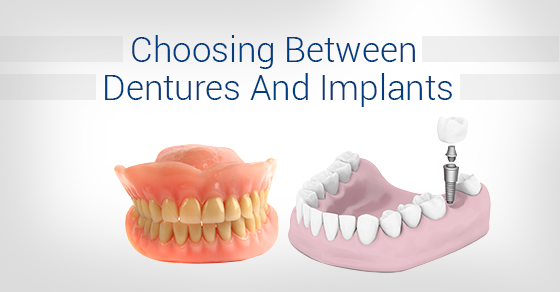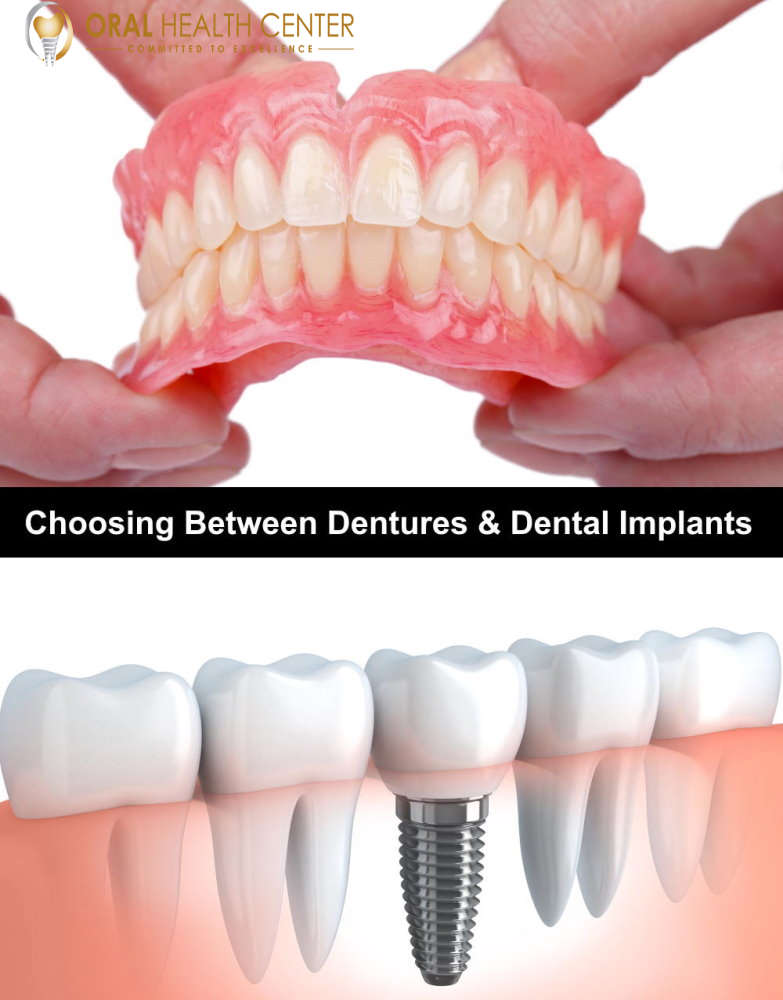Introduction
When it comes to replacing missing teeth, dental implants and dentures are two popular options. Both have their advantages and disadvantages, and making an informed decision is crucial for your oral health. In this article, we will explore the differences between dental implants and dentures, helping you choose the best option for your specific needs.
What are Dental Implants?
Dental implants are artificial tooth roots made of titanium that are surgically placed into the jawbone. They provide a strong foundation for replacement teeth or dental crowns. Implants are a long-term solution and offer a natural look and feel.
What are Dentures?
Dentures, on the other hand, are removable replacements for missing teeth. They can be full dentures, replacing all teeth, or partial dentures, replacing only a few missing teeth. Dentures are typically made of acrylic and are custom-made to fit your mouth.
Durability and Longevity
Dental implants are known for their durability and longevity. With proper care and maintenance, they can last a lifetime. Dentures, however, may need to be replaced or relined every 5-7 years due to wear and tear.
Natural Look and Feel
One of the significant advantages of dental implants is that they provide a natural look and feel. They are securely anchored in the jawbone, mimicking the function of natural teeth. Dentures, although they have improved over the years, may not offer the same level of comfort and stability.
Eating and Speaking
Dental implants allow you to eat and speak with confidence. Since they function like natural teeth, you can enjoy your favorite foods without any restrictions. Dentures, especially in the beginning, may require some adjustment and may affect your ability to eat certain foods or speak clearly.
Bone Health
When a tooth is lost, the underlying jawbone can deteriorate over time. Dental implants stimulate the jawbone, preventing bone loss and preserving facial structure.
Summary
Dental implants and dentures are both viable solutions for replacing missing teeth. Dental implants are surgically placed into the jawbone, providing a stable and permanent solution. They look, feel, and function like natural teeth, offering a high level of comfort and confidence. On the other hand, dentures are removable appliances that replace missing teeth and surrounding tissues. They are a more affordable option and can be a suitable choice for individuals with multiple missing teeth. However, dentures may require regular adjustments and can sometimes be less stable than dental implants.

- Q: What are dental implants?
- A: Dental implants are artificial tooth roots made of titanium that are surgically placed into the jawbone to support replacement teeth.
- Q: What are dentures?
- A: Dentures are removable prosthetic devices that replace missing teeth and surrounding tissues.
- Q: How long do dental implants last?
- A: With proper care and maintenance, dental implants can last a lifetime.
- Q: How long do dentures last?
- A: Dentures typically last between 5 to 10 years, but may need to be replaced or relined due to normal wear and changes in the mouth.
- Q: Are dental implants more expensive than dentures?
- A: Initially, dental implants may have a higher upfront cost compared to dentures. However, considering their longevity and benefits, they can be a cost-effective long-term solution.
- Q: Are dental implants more comfortable than dentures?
- A: Dental implants are generally more comfortable than dentures as they function and feel like natural teeth. They are securely anchored in the jawbone, eliminating the discomfort and potential slipping associated with dentures.
- Q: Can anyone get dental implants?
- A: Not everyone is a suitable candidate for dental implants. Factors such as overall health, jawbone density, and oral hygiene play a role in determining eligibility. A consultation with a dental professional is necessary to assess individual suitability.
- Q: Can anyone get dentures?
- A: Dentures are a viable option for most individuals who have missing teeth. However, the condition of the gums and jawbone, as well as overall oral health, will be evaluated by a dentist to determine the best treatment plan.
- Q: Do dental implants require special care?
- A: Dental implants require regular oral hygiene practices such as brushing, flossing, and routine dental check-ups, similar to natural teeth. No additional special care is needed.
- Q: Do dentures require special care?
<dd

Welcome to my website! My name is Ryder Forsyth, and I am a dedicated and passionate professional Orthodontist. With years of experience in the field, I have had the privilege of helping countless individuals achieve their dream smiles and improve their overall oral health.

